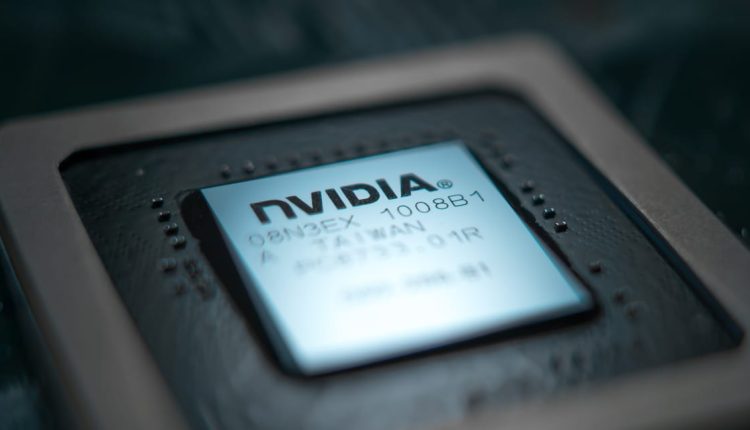While
Taiwan Semiconductor Manufacturing
‘s earnings report provided mixed commentary on overall chip industry demand, there was no debate about rising strength in one area: AI semiconductors.
It is good news for
Nvidia
(ticker: NVDA).
On Thursday,
TSMC
(TSM) reported better-than-expected third-quarter earnings, but offered a nuanced assessment on the current state of the chip market. The company’s management said the macroeconomic environment was weak and they saw a continued lackluster recovery in China. On the positive side, they did see some early signs of stabilization in the PC and phone markets, but said it was too early to predict a big rebound.
The biggest news on the earnings call came when an analyst asked TSMC if artificial intelligence orders had improved over the last three months. TSMC is the main supplier for making AI chips for
Nvidia,
which dominates the market for semiconductors used for AI applications.
TSMC said yes.
“AI demand continues to grow stronger and stronger,” TSMC CEO C.C. Wei said. “We are working hard to increase capacity to meet demand.”
Later in the call, TSMC management also confirmed its plans to double advanced chip-packaging capacity, called CoWoS, by the end of 2024. CoWoS is needed to make Nvidia’s highest-performing AI chips.
Earlier this week, some analysts grew more cautious about Nvidia stock after the U.S. tightened export controls that could restrict the sale of additional lower-performance AI chips to China. After the announcement, Nvidia said in a filing: “Given the strength of demand for our products worldwide, we do not anticipate that the additional restrictions will have a near-term meaningful impact on our financial results.”
The hand-wringing over the latest restrictions to China is perplexing. The prior performance restrictions implemented last year were likely to stay in place, meaning long-term revenue from China for Nvidia would have been impeded anyway as AI chip technology advanced.
“This was going to happen regardless, as even if the thresholds were not lowered, they were never going to be raised, and hence the gap between what is legal to sell into China vs ROW [rest of world] was going to get bigger and bigger,” Bernstein analyst Stacy Rasgon wrote on Tuesday.
Ultimately, the evidence is mounting that demand for AI applications and Nvidia’s chips are improving—with or without China. And that’s the more important thing.
Write to Tae Kim at [email protected]
Read the full article here

